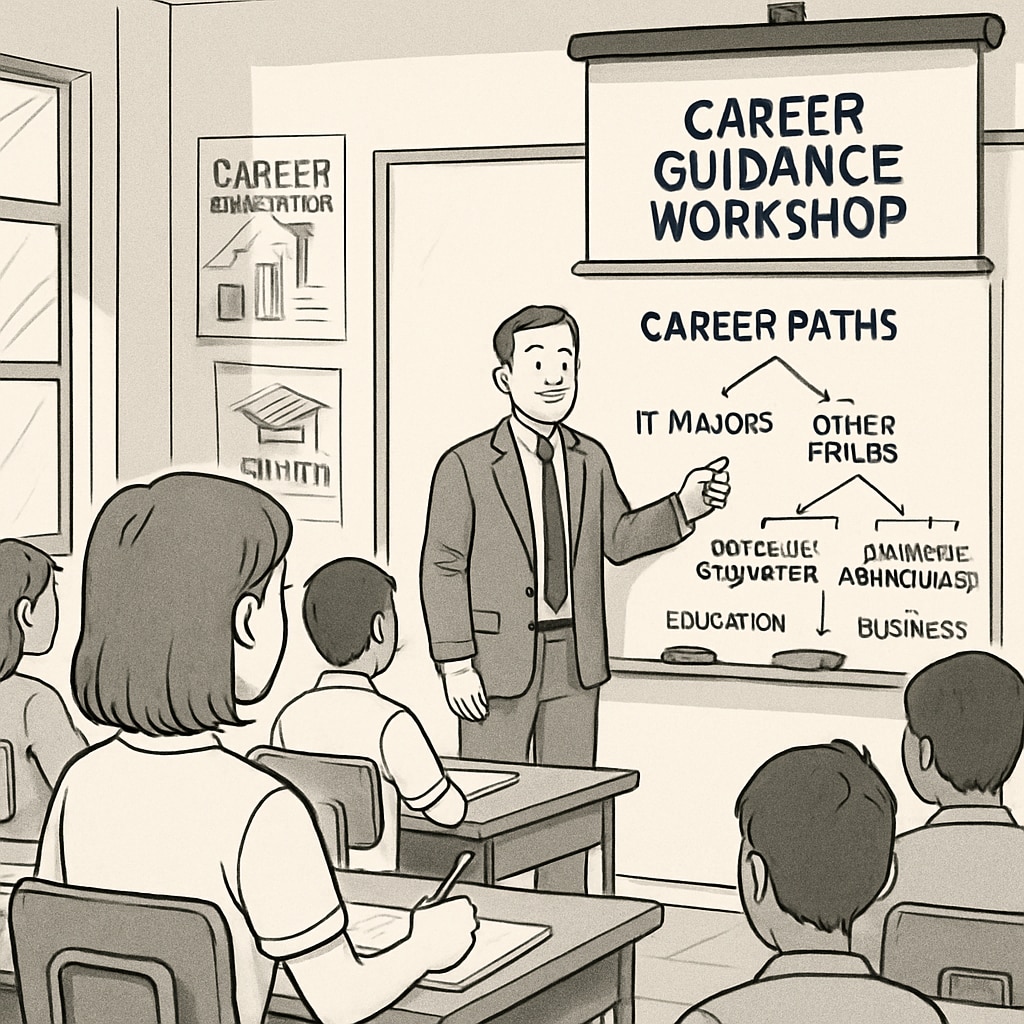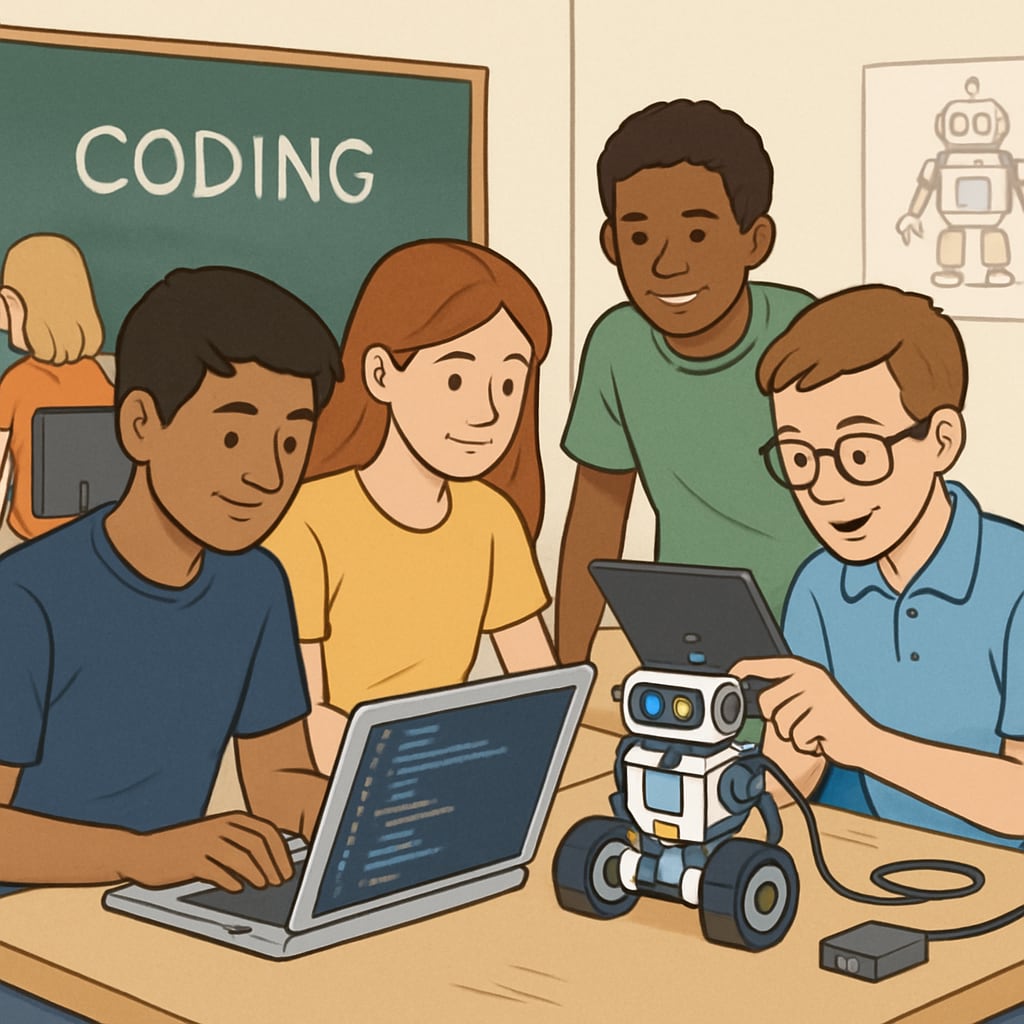Making informed career choices, particularly in fields like IT majors, is a crucial step in shaping a successful university journey and long-term professional life. For K12 students, developing a clear understanding of their interests, strengths, and available opportunities can transform the often overwhelming process of university planning into a proactive and empowering experience. This article delves into actionable strategies for guiding K12 students in aligning their academic and career paths effectively.
Recognizing the Importance of Early Career Guidance
Early career guidance plays a pivotal role in helping students understand the diverse opportunities available to them. By introducing career exploration concepts in K12 education, schools can foster self-awareness and provide students with the tools they need to make informed decisions. For example, career workshops and personality assessments can help students identify their strengths and interests, laying the foundation for selecting appropriate majors such as IT or other high-demand fields.

Exploring IT Majors and Career Opportunities
IT majors have become increasingly popular due to their relevance in today’s technology-driven economy. However, choosing IT as a career path requires more than just interest in technology; students must assess their analytical skills, problem-solving abilities, and adaptability. K12 students can benefit from exposure to coding classes, robotics clubs, and software development projects to gauge their aptitude for IT-related roles. In addition, understanding the wide range of IT careers—from cybersecurity to artificial intelligence—can help students identify areas that align with their passion.

Integrating Practical Experiences into Education
Practical experiences, such as internships or job shadowing, can provide students with invaluable insights into their potential career paths. For instance, a student interested in IT could intern at a local tech company or participate in virtual programs offered by organizations like Britannica’s IT Career Resources. These experiences allow students to understand the day-to-day responsibilities of IT professionals and assess whether the field genuinely resonates with their interests and capabilities.
Incorporating real-world experiences into K12 education also bridges the gap between theoretical knowledge and practical application, giving students a competitive edge as they transition to university and beyond.
Building Skills for University Success
Once students identify a potential career path, skill-building becomes essential. For IT majors, this includes developing proficiency in programming languages, critical thinking, and collaborative project management. Schools can support this by offering extracurricular activities such as hackathons, data science workshops, or partnerships with local tech companies. As a result, students not only enhance their technical skills but also gain confidence as they prepare for university-level coursework.
Moreover, soft skills like communication and adaptability should not be overlooked. These attributes are critical for success in both university and professional environments, ensuring students can navigate challenges effectively.
Conclusion: Empowering K12 Students for the Future
Guiding K12 students toward informed career choices, including IT majors, requires a multifaceted approach. By fostering early career awareness, providing practical experiences, and equipping students with essential skills, educators and parents can empower them to take charge of their university planning and future careers. As a result, students gain the confidence to pursue paths that align with their passions and abilities, ultimately contributing to their long-term success.
In today’s competitive landscape, proactive career planning is not just an option; it is a necessity. By starting early and focusing on personalized guidance, K12 students can turn their aspirations into achievable goals, paving the way for a fulfilling and impactful career journey.


